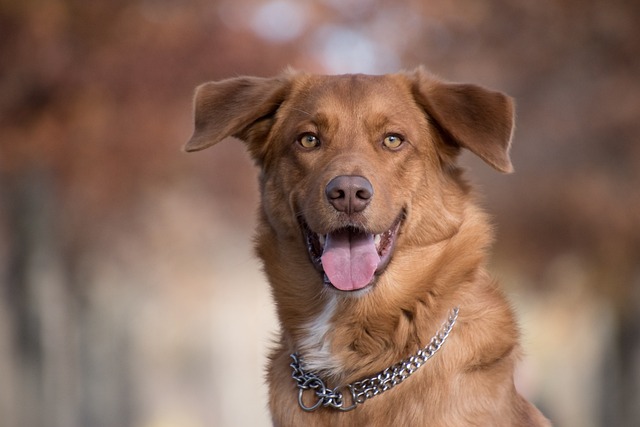
Precautions for raising a dog when the temperature suddenly drops
As the cold wind howls outside the window and the temperature plummets overnight, while you wrap yourself in a thick cotton coat,
When we find that our usually lively and greedy dogs suddenly have a poor appetite, and even blood in their feces, the worry and concern are beyond words. Dogs cannot speak, and their health status can only be conveyed to their owners through these subtle changes. Exploring "Why does my dog have a poor appetite and blood in his feces" is not only about finding medical answers, but also about our deep love and responsibility for our furry children who accompany us day and night.
There may be many complex reasons behind the dog's loss of appetite and blood in his feces. From the direct problems of the digestive system, gastrointestinal parasitic infection is one of the common factors. Parasites such as roundworms, hookworms, and tapeworms parasitize in the dog's intestines. They not only rob the dog of the nutrients it eats, but also damage the intestinal mucosa. When the number of parasites is large, the intestinal mucosa is severely damaged, and blood in the stool will appear. At the same time, the destruction of the intestinal environment and the plunder of nutrients will make the dog feel uncomfortable, resulting in a decrease in appetite. Imagine that our dogs are fighting these "little enemies" every day, but they can't tell us about their pain. How can we not feel distressed?
Improper diet is also an important cause of this condition. Dogs are naturally curious and sometimes accidentally eat indigestible foreign objects, such as toy fragments, bone residue, plastic bags, etc. These foreign objects are difficult to pass through the intestines and may scratch the intestinal lining and cause bleeding. At the same time, the gastrointestinal tract is blocked by foreign objects, and the normal digestive function is disturbed, so dogs will instinctively reduce their food intake. In addition, a sudden change in dog food brand or food type may also cause gastrointestinal discomfort in dogs. Dogs' stomachs are relatively sensitive, and changes in the composition and taste of new food may cause indigestion and diarrhea. In severe cases, blood in the stool may occur, which in turn affects appetite. Just as we feel uncomfortable when we suddenly change our eating habits, dogs also need time to adapt to new food.
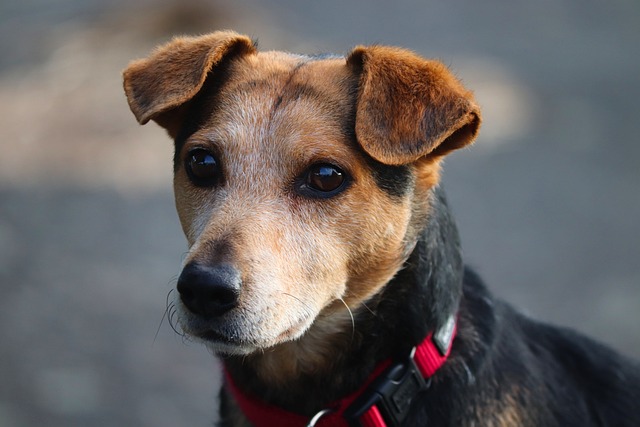 Intestinal inflammation should not be ignored either. Infections with bacteria, viruses or fungi can cause intestinal inflammation. For example, parvovirus infection is extremely dangerous for puppies. After being infected with parvovirus, dogs will experience severe vomiting and diarrhea, and their feces often contain fishy blood. At the same time, they will be listless and have no appetite. In the process of fighting the virus, the dog's body is extremely weak. Every vomiting and diarrhea consumes their physical strength. Seeing the once lively baby become like this, the owner's heart is broken. In addition to viruses, some harmful bacteria, such as E. coli and Salmonella, will also multiply in the intestines after the dog accidentally eats contaminated food or water, causing inflammation, blood in the stool and loss of appetite.
Intestinal inflammation should not be ignored either. Infections with bacteria, viruses or fungi can cause intestinal inflammation. For example, parvovirus infection is extremely dangerous for puppies. After being infected with parvovirus, dogs will experience severe vomiting and diarrhea, and their feces often contain fishy blood. At the same time, they will be listless and have no appetite. In the process of fighting the virus, the dog's body is extremely weak. Every vomiting and diarrhea consumes their physical strength. Seeing the once lively baby become like this, the owner's heart is broken. In addition to viruses, some harmful bacteria, such as E. coli and Salmonella, will also multiply in the intestines after the dog accidentally eats contaminated food or water, causing inflammation, blood in the stool and loss of appetite.
In addition to the digestive system itself, diseases of other systems may also cause similar symptoms. Kidney disease is one of them. When the dog's kidney function is impaired, toxins in the body cannot be discharged normally, which will affect the normal function of the gastrointestinal tract, causing the dog to have symptoms such as nausea, vomiting, and loss of appetite. Long-term kidney problems may also cause ulcers and bleeding of the gastrointestinal mucosa, resulting in blood in the feces. Liver disease also affects the dog's digestion and absorption function. The liver is an important digestive organ responsible for secreting bile to help digest fat.
When there is a problem with the liver, bile secretion is abnormal, the dog's ability to digest food decreases, and the liver's detoxification function weakens, and toxins accumulate in the body, which can also cause a series of reactions in the dog's gastrointestinal tract, including blood in the stool.
Oral problems in dogs may also lead to loss of appetite. Toothache, gingival inflammation, oral ulcers, etc., will make dogs feel painful when eating. Imagine that every time you chew food, it's like going through a torment, and the dog will naturally lose interest in food. Although oral problems generally do not directly lead to blood in the stool, long-term loss of appetite may cause gastrointestinal dysfunction and indirectly cause some gastrointestinal problems.
When we find that dogs have symptoms of loss of appetite and blood in the stool, our hearts are often full of anxiety and helplessness. But at this moment, it is crucial to stay calm. We should take the dog to a regular pet hospital for a comprehensive examination as soon as possible. Doctors usually perform blood routine, fecal examination, biochemical examination, etc., and if necessary, imaging examinations such as X-rays and B-ultrasound will be performed to accurately determine the cause of the disease. Only by clarifying the cause of the disease can a targeted treatment plan be formulated.
During the treatment process, we need to give dogs more care and companionship. Adjust the dog's diet according to the doctor's advice. It may be necessary to temporarily feed easily digestible food, such as prescription food, liquid food, etc. At the same time, give the dog medication or other treatments on time according to the doctor's orders. No matter how long and difficult the treatment process is, we can't give up, because in the dog's world, we are its only hope.
Loss of appetite and blood in the feces of dogs is a health problem that we need to pay great attention to. There may be many reasons behind it, each of which is related to the health and life of the dog. As owners, we must carefully observe the daily changes of the dog, and seek medical treatment in time if we find any abnormalities. In the days with the dogs, we shoulder the responsibility of protecting their health, and use our love and actions to help them overcome the disease and return to their former liveliness and happiness.

As the cold wind howls outside the window and the temperature plummets overnight, while you wrap yourself in a thick cotton coat,
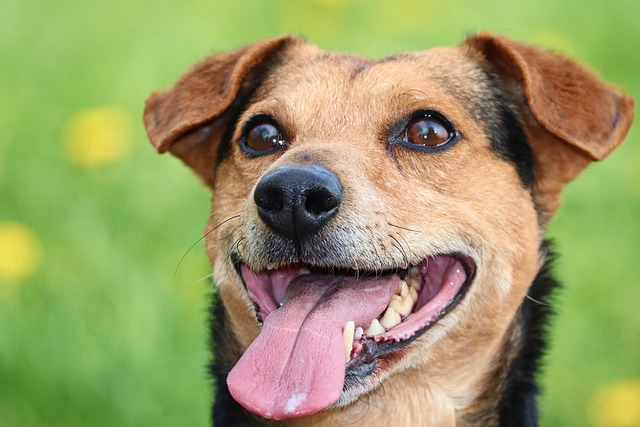
As you sit at the dining table enjoying a meal, your Teddy’s round eyes fix tightly on the food in your hand, filled with longing,
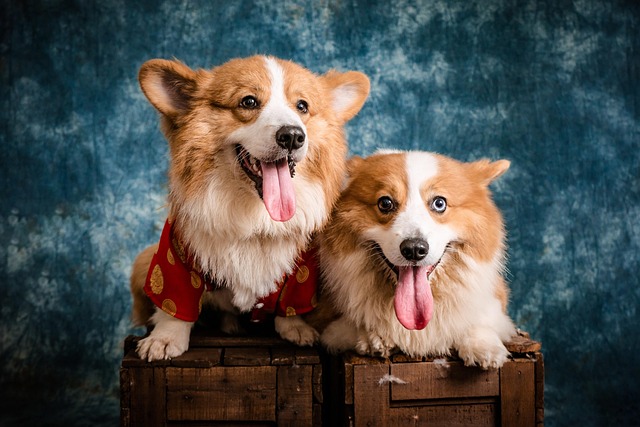
Dogs frequently scratch, their skin turns red, and their eyes water. These symptoms make many pet owners feel pain in their eyes. When faced with dog allergies, everyone is eager to find an effective solution.
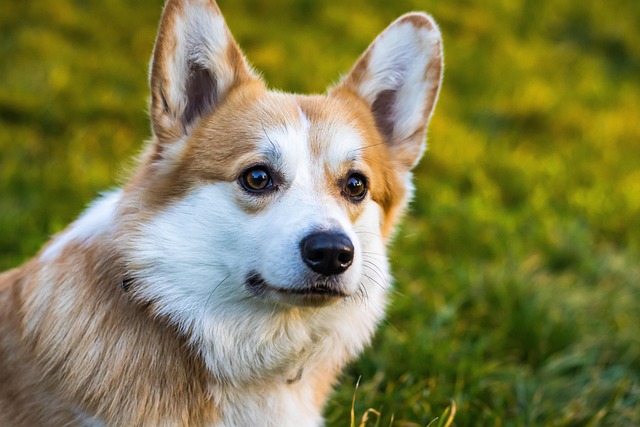
In the quiet of the night, you see the soft dog house that was carefully prepared empty, while your beloved dog curls up in the corner of the wall,
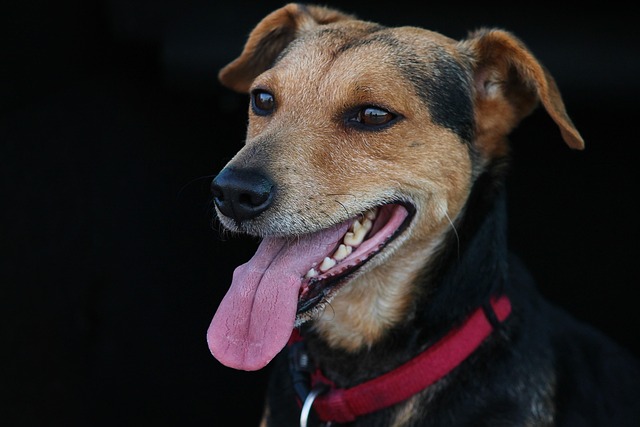
When the once gentle and clingy fur baby suddenly bares its teeth at you or launches unprovoked attacks on other people and animals,

When we look at our pet dogs, those bright eyes carry dependence and trust. However, dogs' eyes are fragile and sensitive, and accidental injuries or sudden illnesses may threaten their vision at any time.